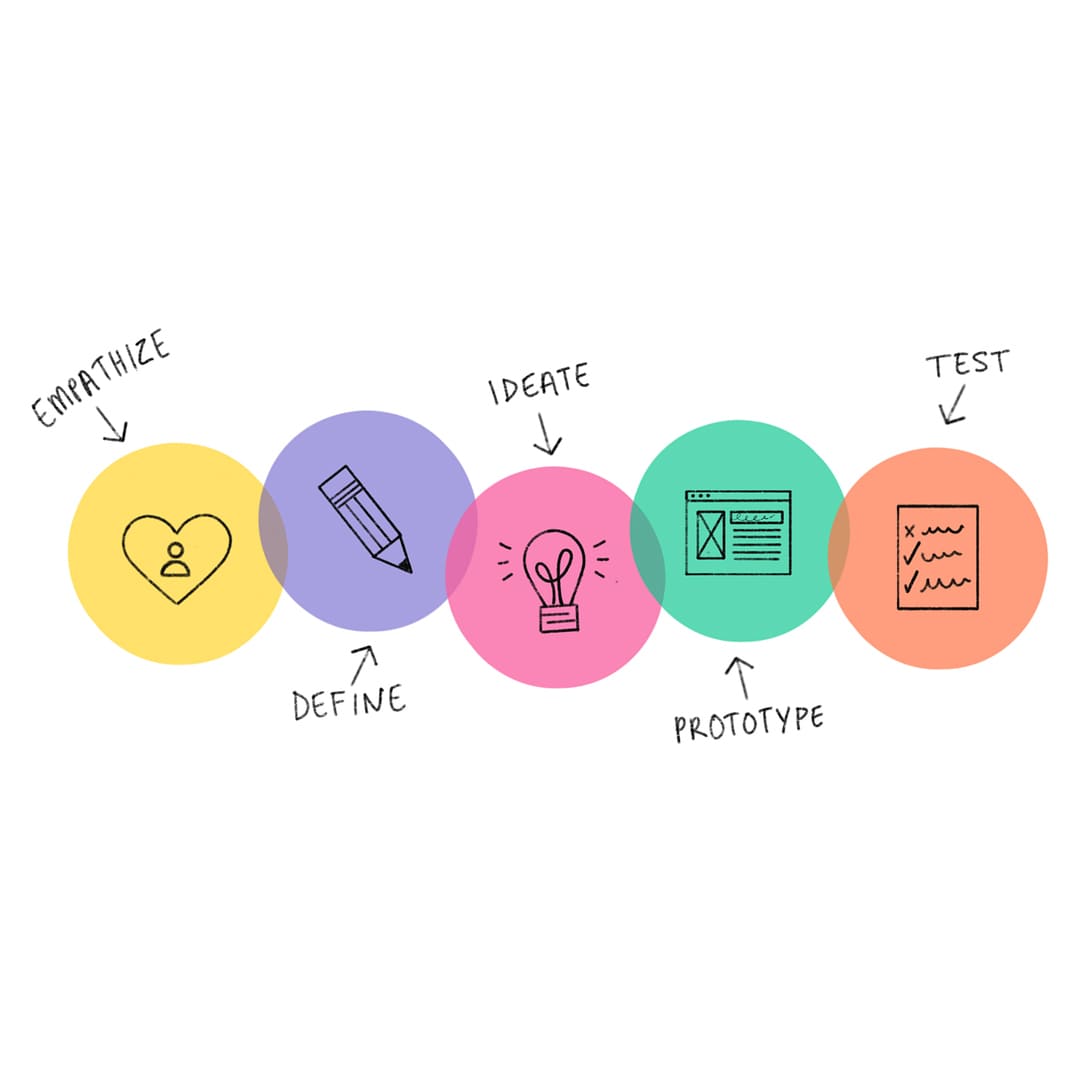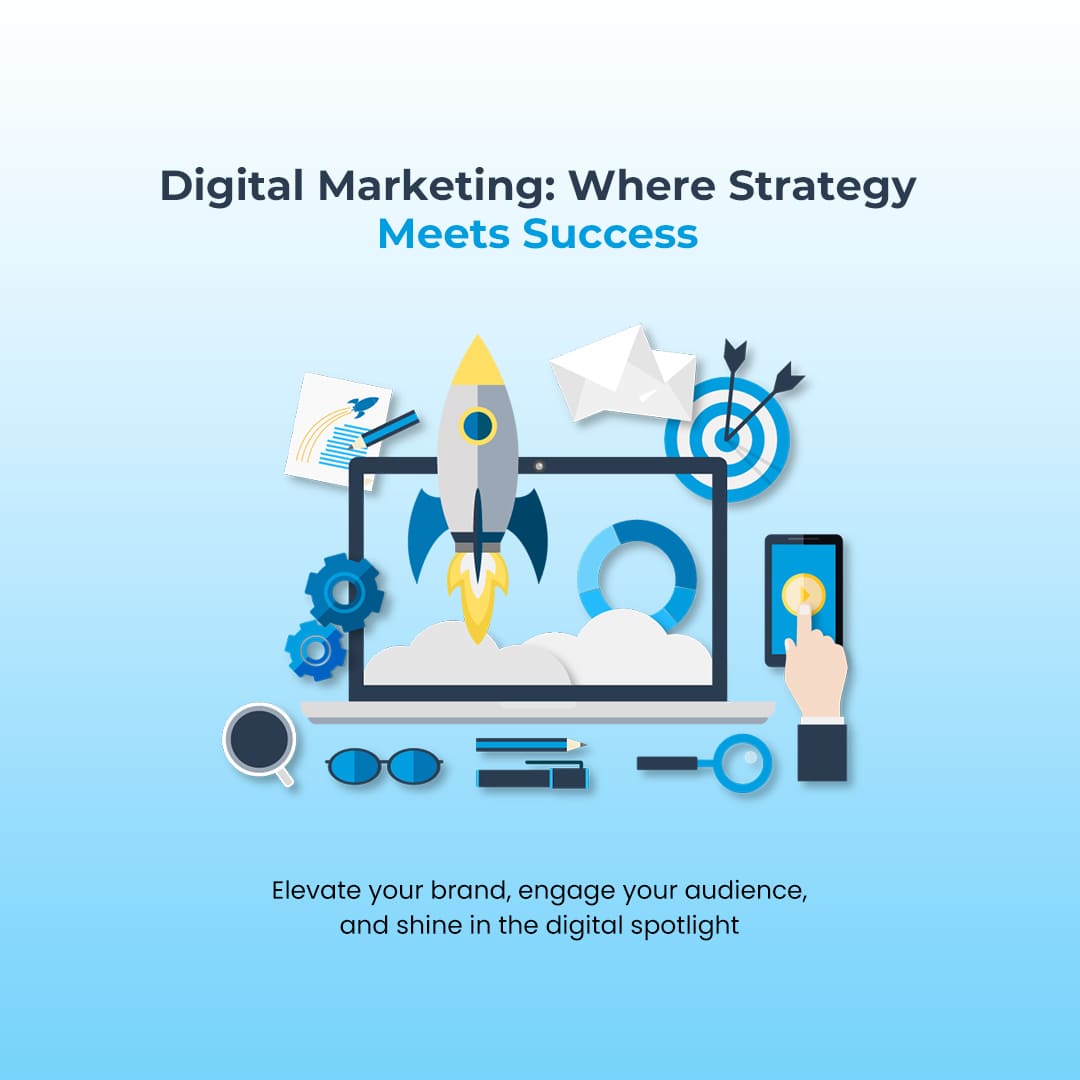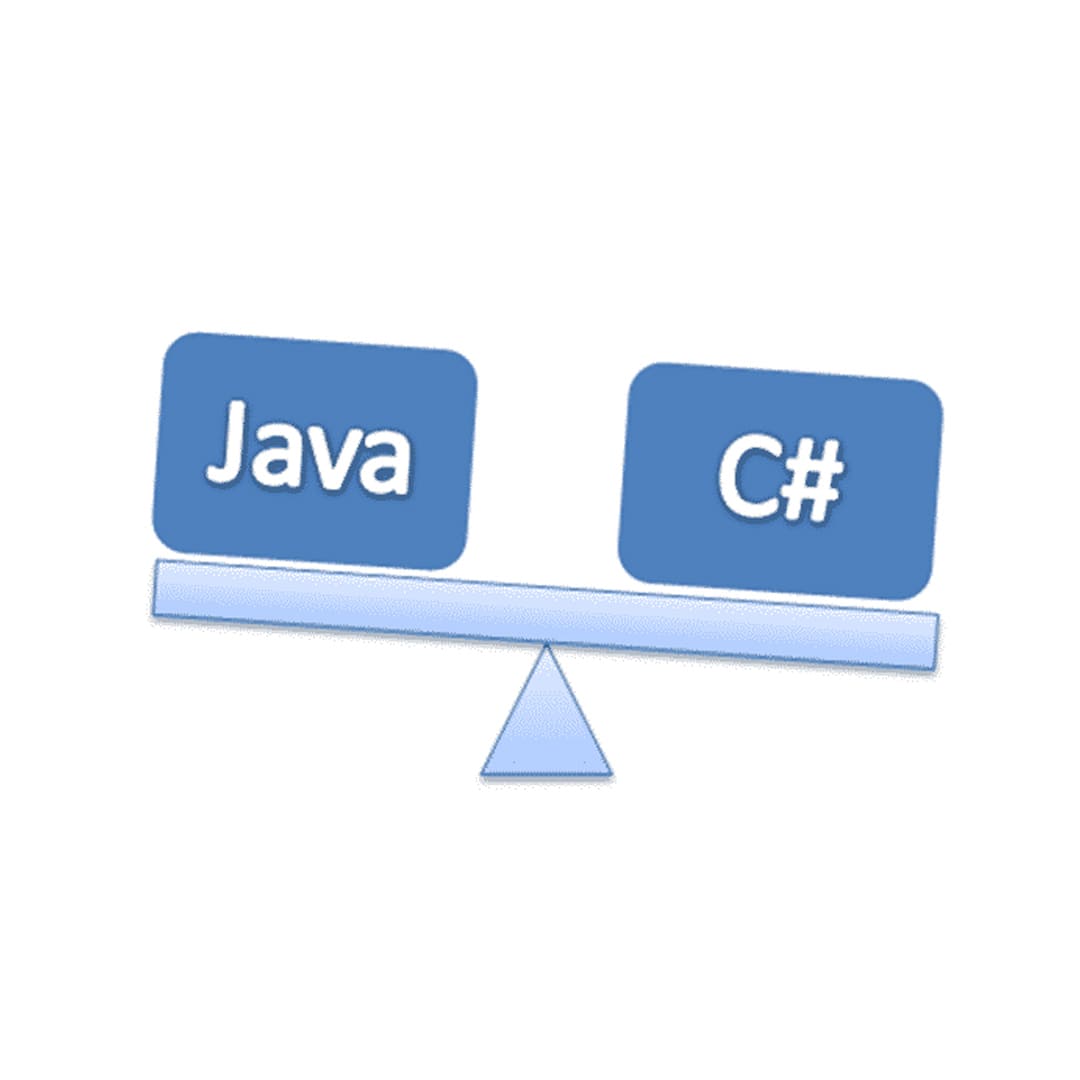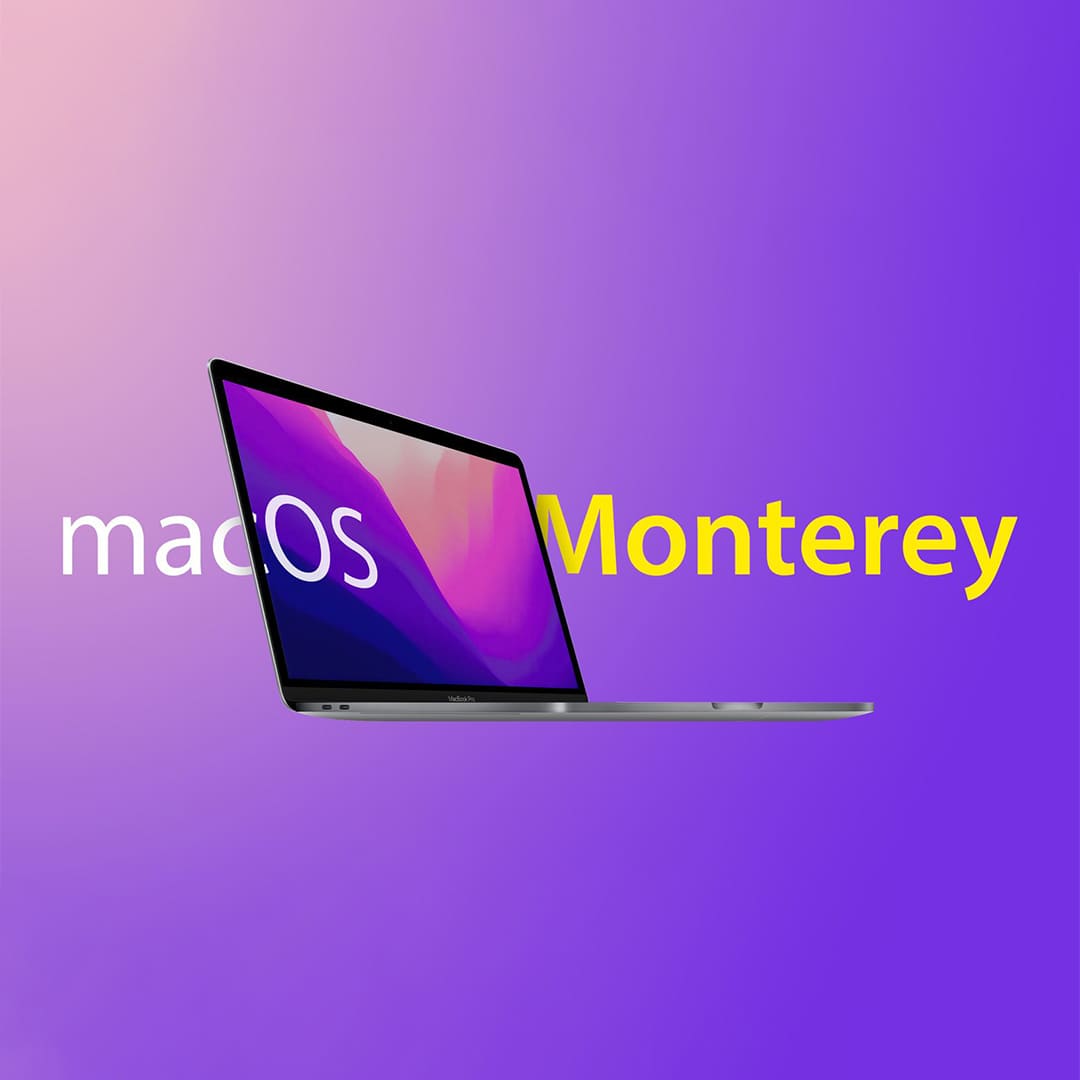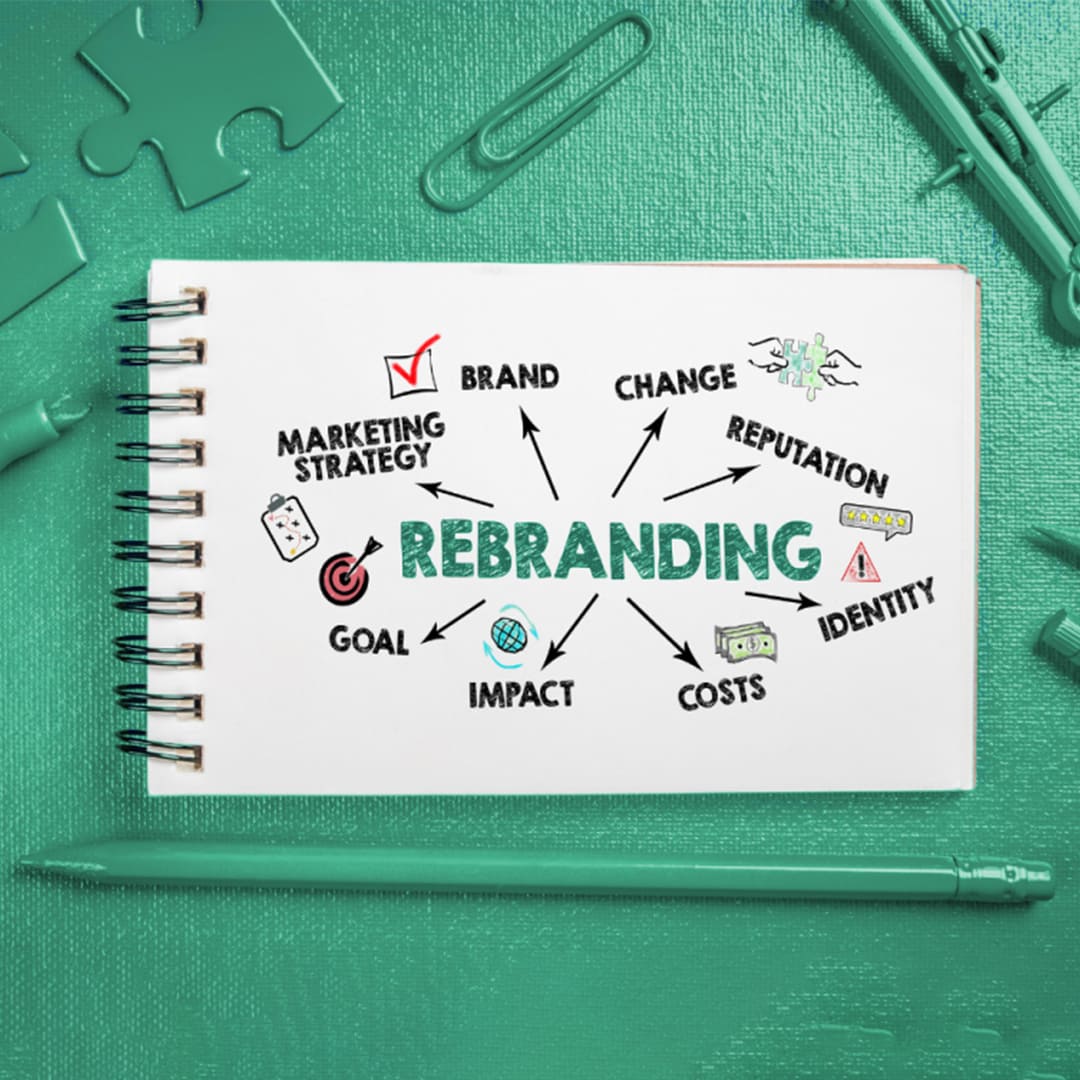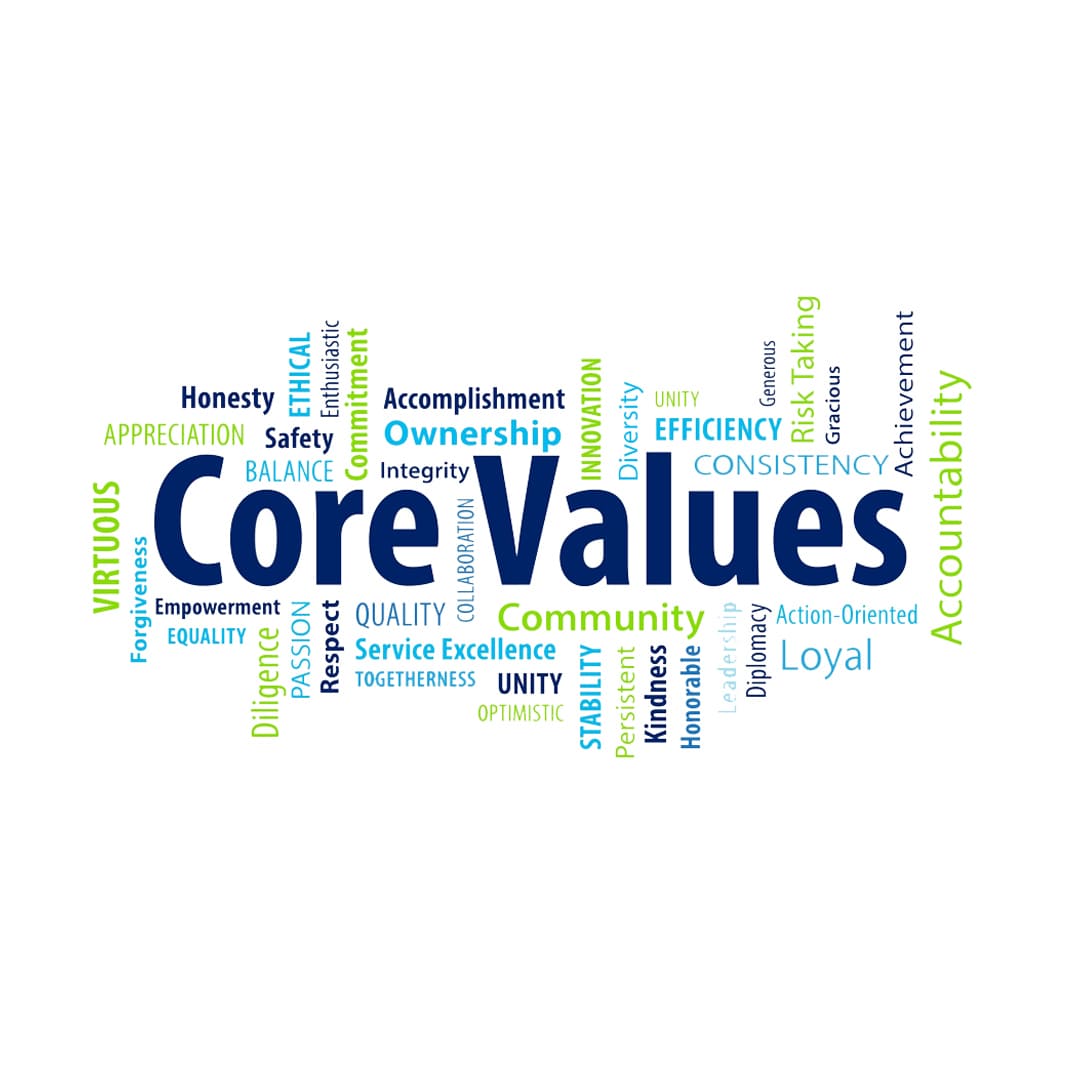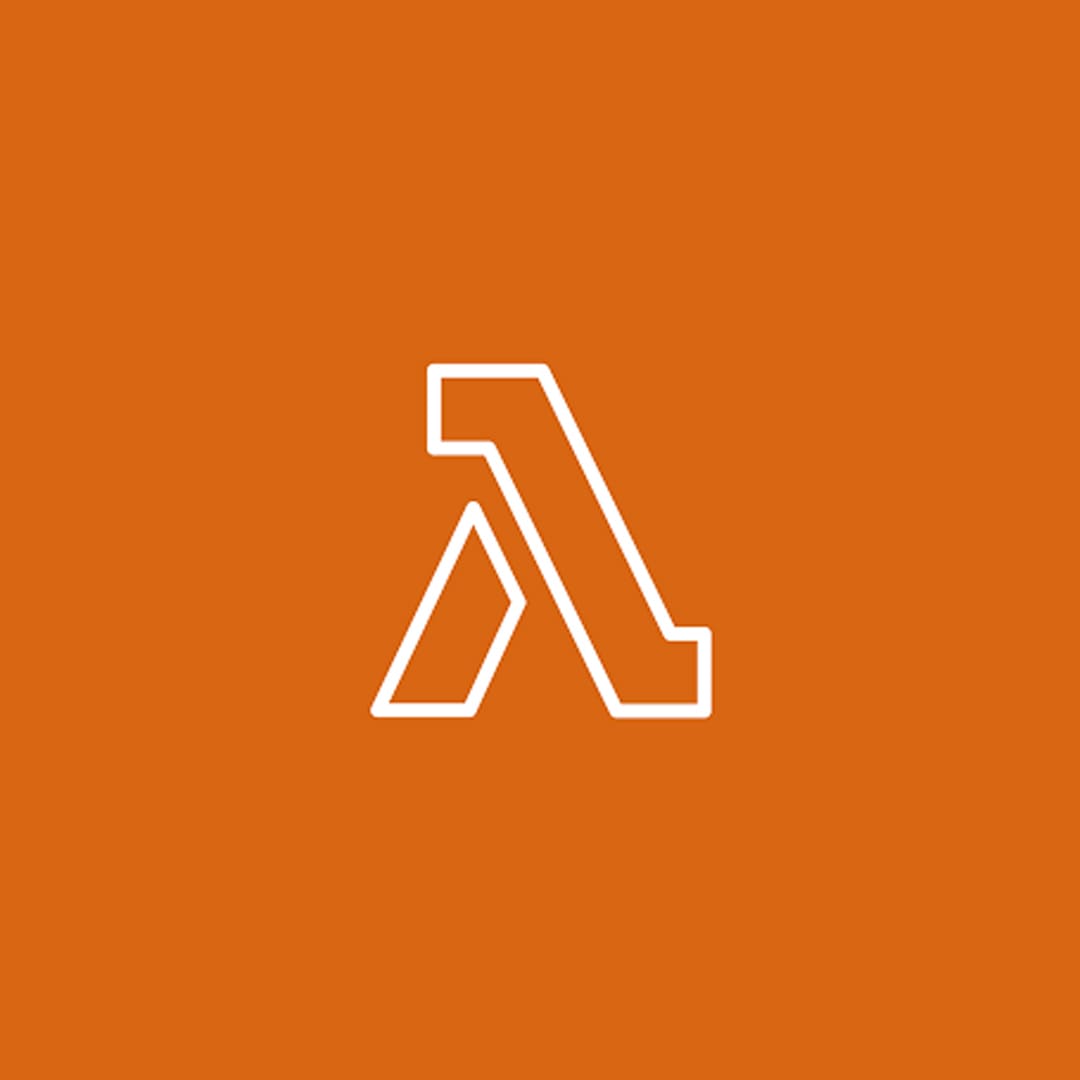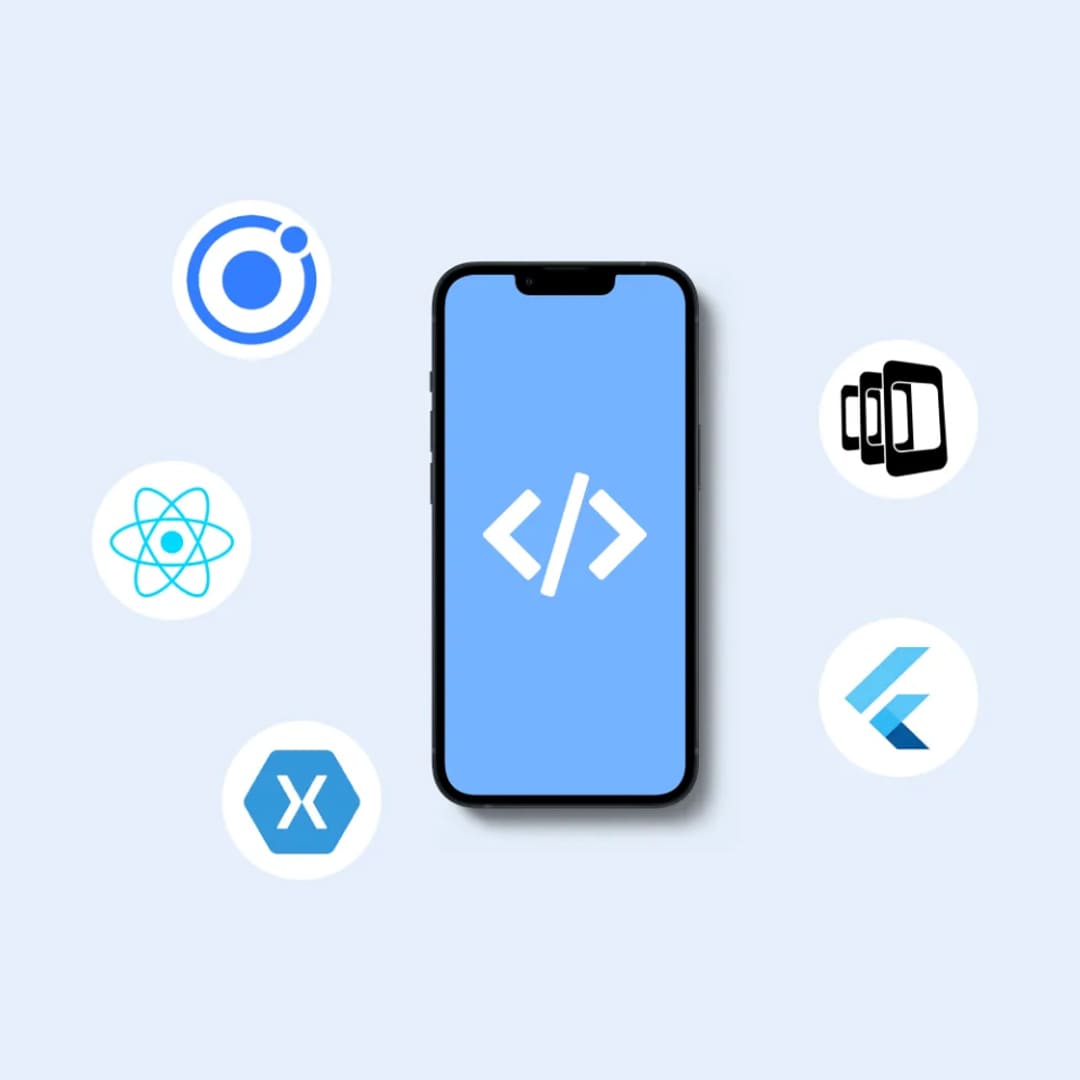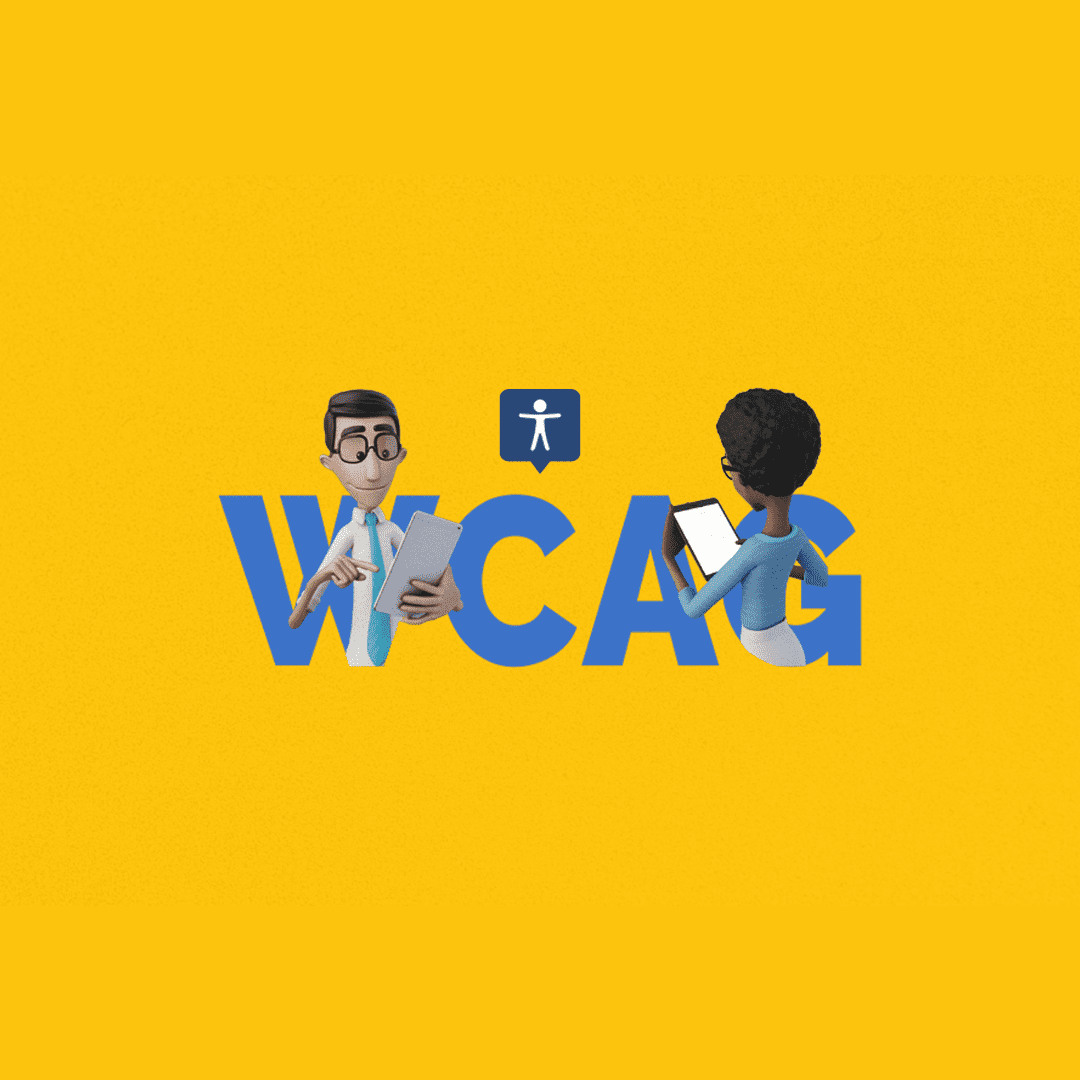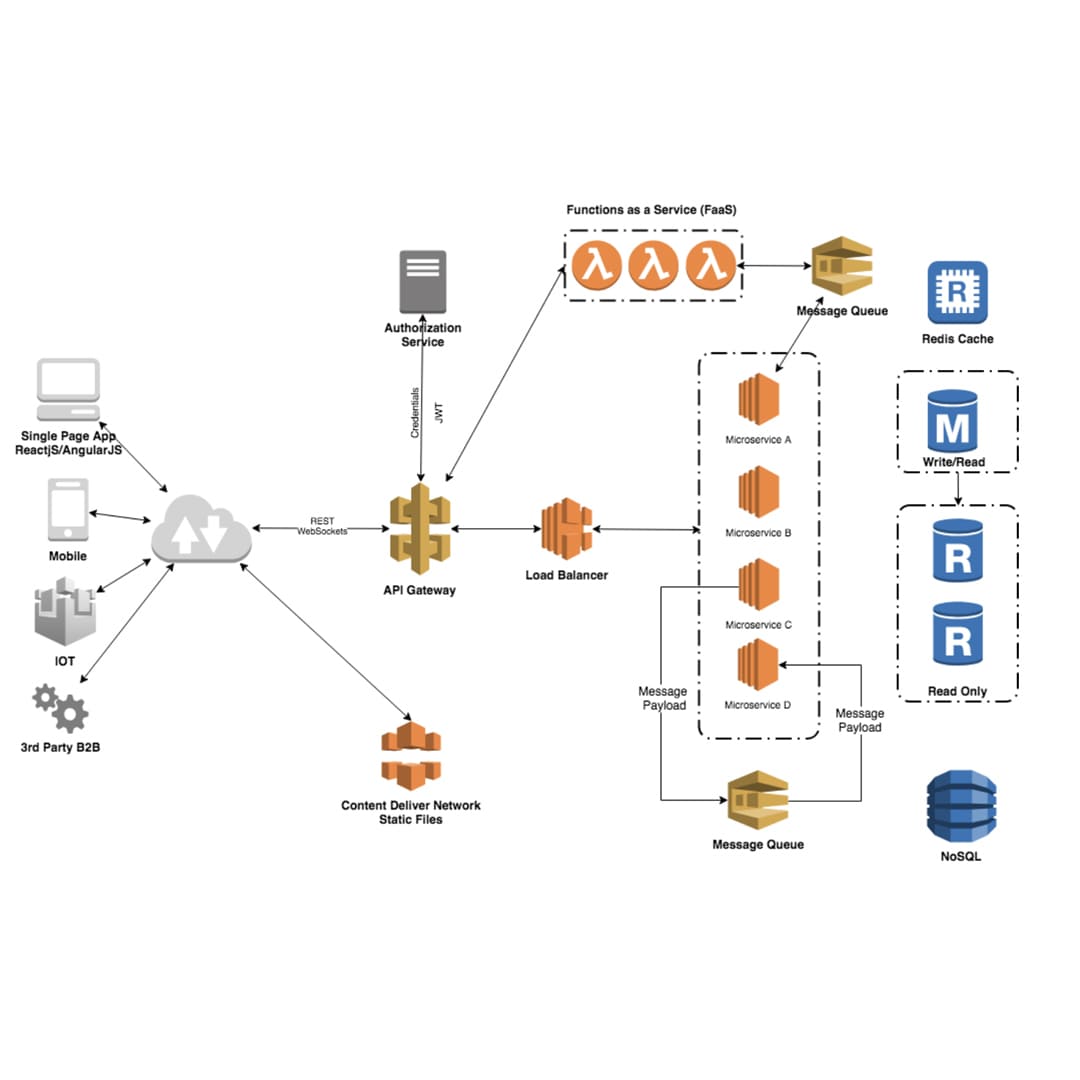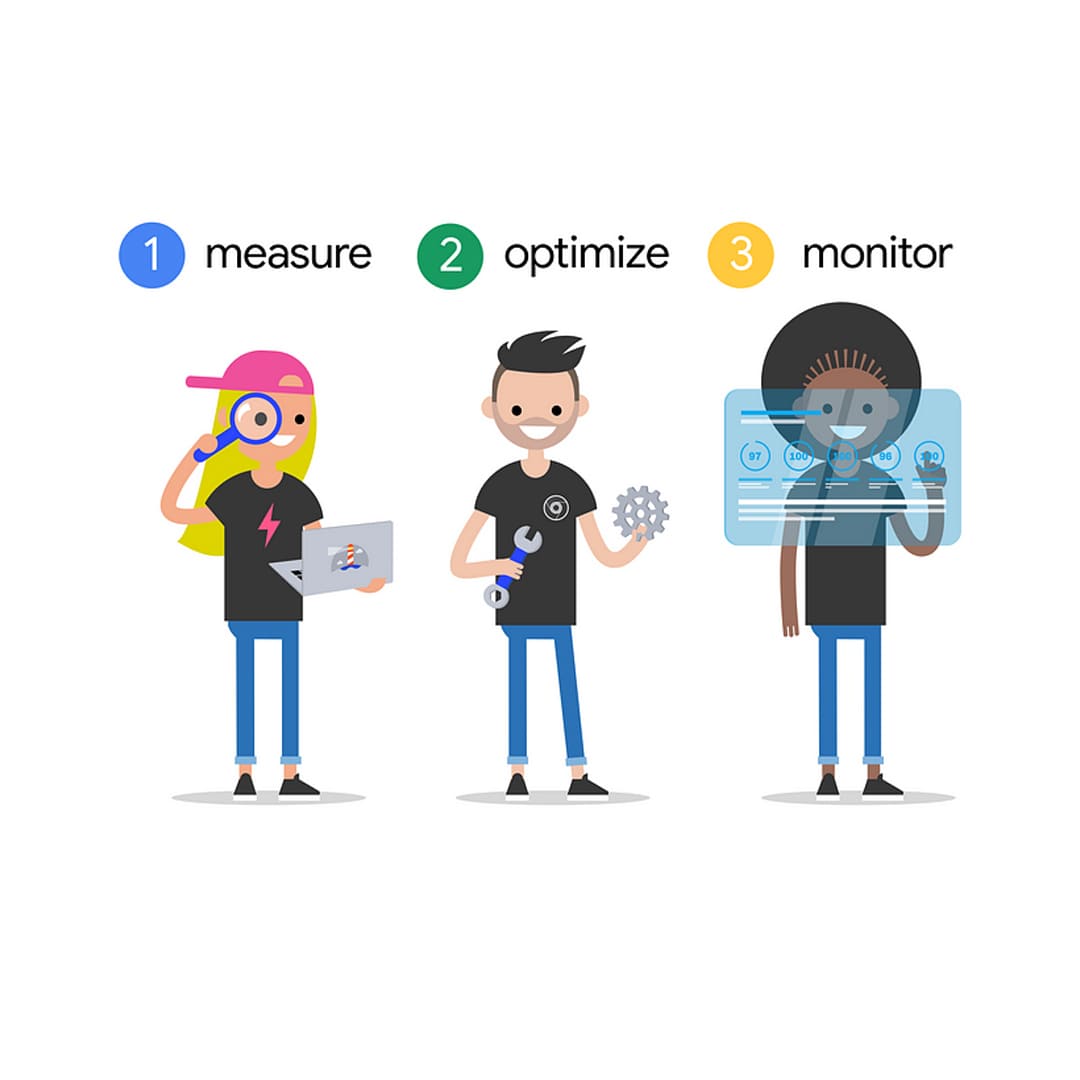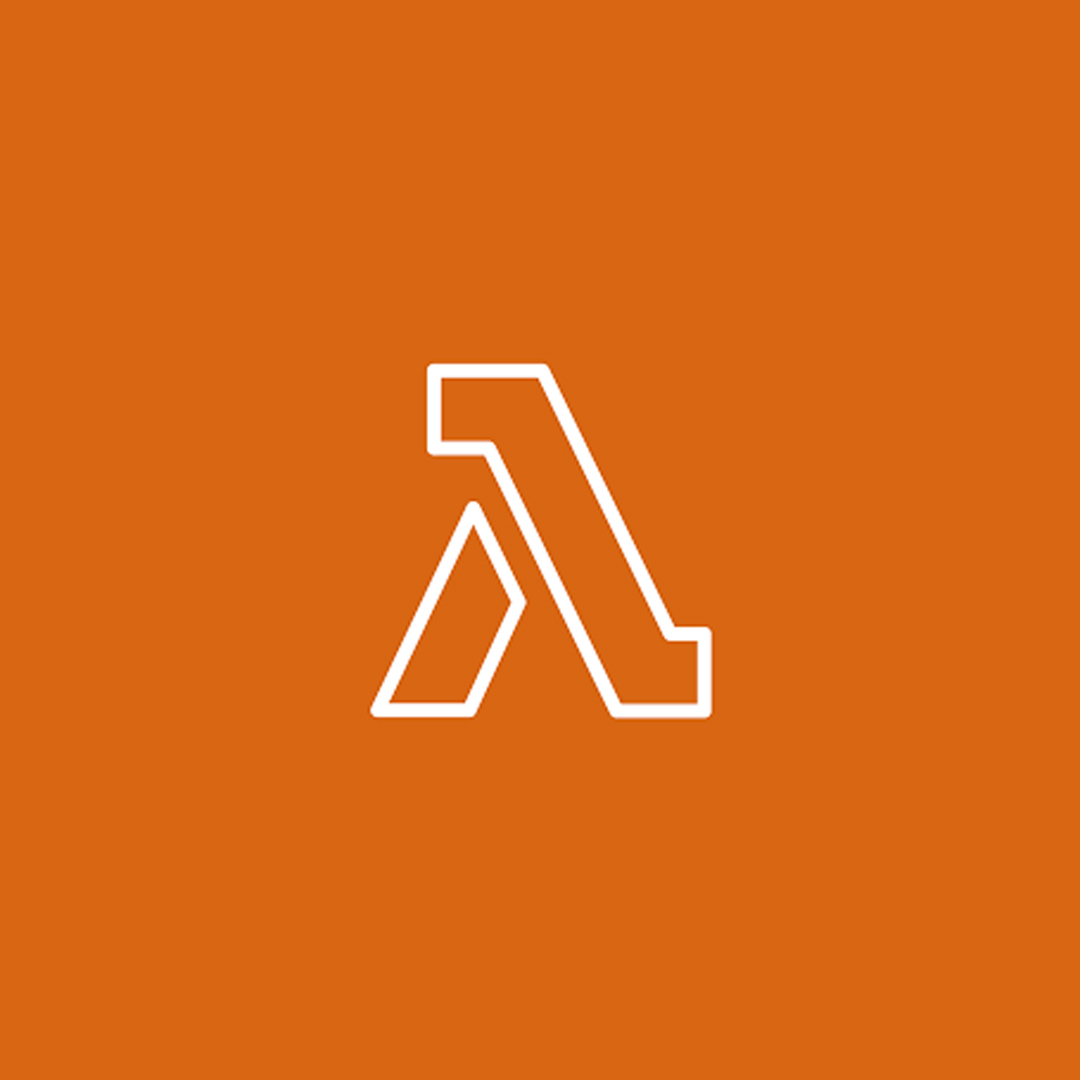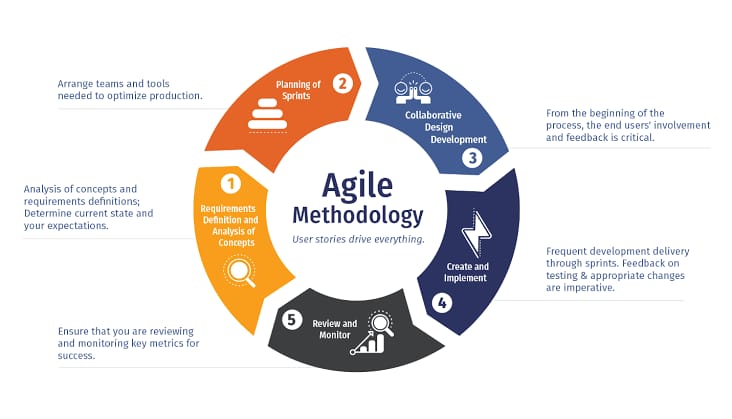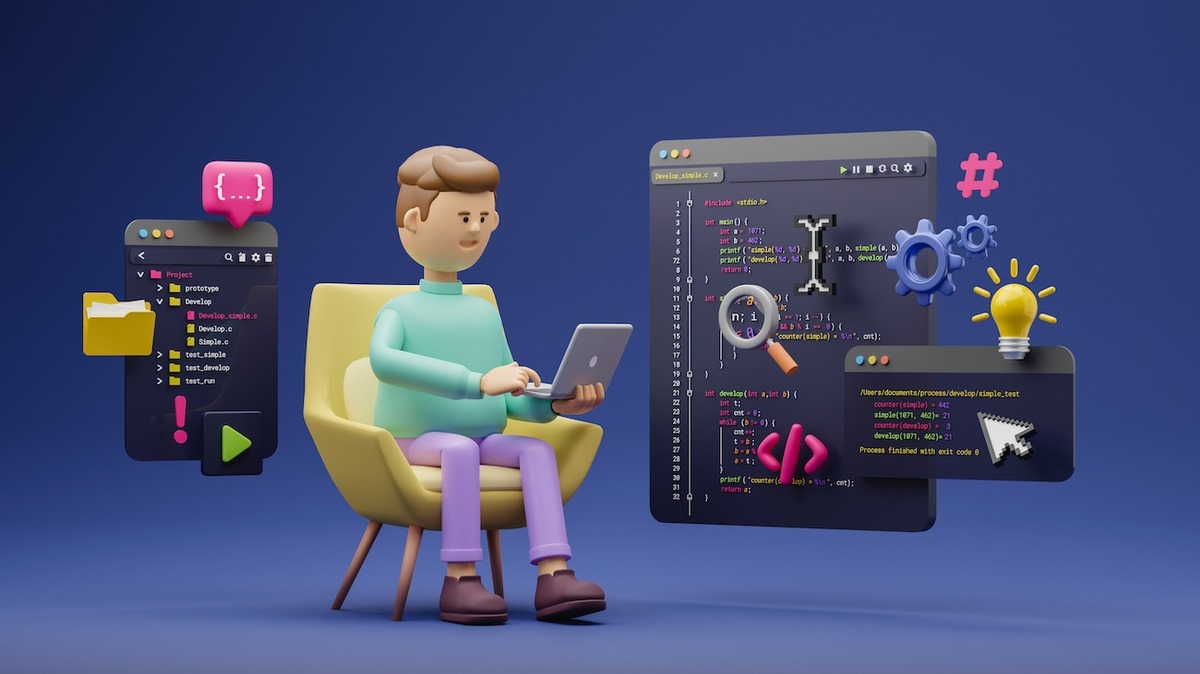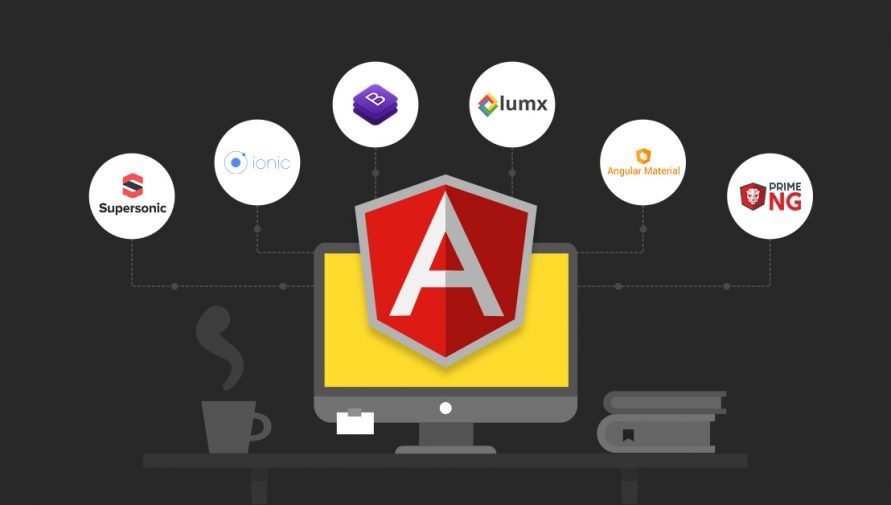Frameworks: Deep Dives: Exploring the Core

Selecting the appropriate framework is a crucial choice in the fast-paced world of web development, where technology advances at a rapid pace. Modern online applications are built on frameworks, which give programmers the structure and fundamental tools they need to make reliable, effective software. However, choosing the best framework might be challenging at a time with numerous possibilities. Deep examinations and comparisons of frameworks are essential in the field of software app development. The selection of a framework can make or break a project in the dynamic world of web development. It's a choice that could influence a web application's effectiveness, scalability, and ultimate success. With so many frameworks accessible in today's technologically advanced world, it is crucial for developers and companies to make wise decisions. One must go out on a journey of research and study to successfully negotiate this difficult terrain. In this essay, we will set out on a voyage across the world of frameworks, investigating in-depth assessments of some of them, performing comparisons, and talking about the standards for selecting frameworks adapted to various project kinds. Readers will have the knowledge necessary to confidently and precisely traverse the dynamic world of web development frameworks after completing this investigation.
For developers looking to understand a particular framework, such as Angular, Vue.js, or Ruby on Rails, in-depth guides are useful tools. These manuals offer thorough insights into the inner workings of each framework, going beyond the documentation's basic functions. They are crucial for maintaining a thriving community of knowledgeable programmers, bridging the knowledge gap between inexperienced and seasoned developers, and providing universal access to sophisticated frameworks. Different web development frameworks cater to various facets of the intricate online application world, each with its own distinctive capabilities and use cases Take Angular, which, owing to its flexible structure and two-way data binding, is excellent for developing broad, database-intensive applications with just one page. Nevertheless, Vue.js distinguishes out due to its forward-looking, thereby rendering it ideal for both simple applications and complicated apps. Its intuitive reactivity system and flexibility make it a favourite among developers for crafting interactive user interfaces. Meanwhile, Ruby on Rails, with its emphasis on convention over configuration, streamlines the development of database-backed web applications, making it an excellent choice for startups and projects with tight deadlines. These unique features and uses illustrate how each framework is tailored to specific development needs, allowing developers to choose the most suitable tool to bring their web application visions to life.
IN-DEPTH GUIDES FOR SPECIFIC FRAMEWORKS
The architectural foundation upon which web applications are built is a framework. They come in a variety of flavours, each with a unique combination of advantages and disadvantages. Deep dives into specific frameworks are crucial to better understanding these crucial tools. Let's start our adventure by exploring the inner workings of three illustrious frameworks:
The Ultimate Web Framework; Angular.
The Google-developed web application framework Angular is proof of the effectiveness of a thorough framework. The opinionated architecture of Angular, which enforces a rigid structure and adopts a component-based methodology, distinguishes it from other frameworks. This framework renders utilization of Typescripts, a statically typed superset of JavaScript that provides developers with robust functionality and boosts the consistency of their code. Two of Angular's unique characteristics, two-way data binding and dependency injection, are what set it distinctive and are what make it an ideal choice for creating extensive single-page applications (SPAs). The deep dive into Angular reveals a world of efficient data management through Services, encapsulation of UI logic within Components, and modularization through Angular Modules. It covers ideas like decorators and observables that help programmers write scalable and maintainable code. The adoption of RxJS by Angular to manage asynchronous activities demonstrates its commitment to speed and responsiveness.
The Progressive JavaScript Framework; Vue.js.
Vue.js's simplicity and adaptability stand out in comparison to Angular's complexity. Vue.js is a great option for both straightforward applications and intricate systems since it enables developers to gradually get access to its features. Vue.js' fundamental component is the Virtual DOM, which effectively modifies the browser's rendering. Its capabilities are further enhanced by the Vue Router and Vuex state management. Developers of all skill levels may use Vue.js thanks to its excellent documentation and easy learning curve. A thorough examination of Vue.js reveals its sophisticated template syntax, component-based design, and reactivity framework. When creating user interfaces, Vue.js adopts a flexible methodology that lets developers combine and match programmatic and template-driven techniques as needed. This framework is an effective tool for web developers due to its simplicity of integration with current projects and adaptation to different processes.
The elegant web application framework; Ruby on Rails.
Convention over specification is best illustrated by Ruby on Rails, also known as Rails. The model-view-controller (MVC) structure is highlighted in Rails, which also emphasizes rapid development with software generators. Active Record, an Object-Relational Mapping (ORM) usefulness that optimizes database interactions, is the foundational element of the Rails framework. The RESTful navigation of the framework and its conformity to the best guidelines have rendered it suitable for startups and projects with limited time frames. Rails is a powerful option for web application development because it relies on support from the community and adherence to protocol. Ruby on Rails' convention-driven strategy for web development has been exposed by an in-depth examination. With Rails, developers are guided by a set of norms and assumptions designed to speed up the development process. By transforming database tables into Ruby objects, the structure's use of Active Record accelerates database procedures and offers a natural way to interact with data. Rails is the preferred choice for people looking for an appropriate balance between performance and standards since it focuses an enormous value on convention and facilitates rapid development without compromising maintainability.
COMPARATIVE ANALYSIS OF FRAMEWORKS: Illuminating the Differences
For web developers, evaluating frameworks is a vital phase in their decision-making procedure. Understanding the variances between each framework's characteristics and features is crucial for selecting the most suitable solution for the project at hand. Let's explore two distinct assessment types:
Which Frontend Framework, React, Angular, or Vue.js, Should You Use?
Angular, React, and Vue.js are considered the three leading players in front-end development. In this side-by-side comparison, the positive aspects as well as drawbacks of each framework will be reviewed by us. In order to help programmers make sound choices, factors such as efficiency, societal backing, and the environment are investigated in depth. This comparison offers guidance in the huge world of frontend frameworks, whether one selects the framework of Angular, the adaptability of React, or the clarity of Vue.js. The positive aspects of Angular, React, and Vue.js for front-end development are all varied. Effective typing and Angular's broad feature set make it suitable for applications of all kinds with extensive data requirements. React, on the other hand, specializes in displaying the virtual DOM, enabling quick UI updates. By offering an evolving framework that can be implemented slowly yet simply to integrate into already existing projects, Vue.js discovers a balance.
The back-end Software Showdown: Express.js, Django, and Ruby on Rails
The battle in backend development is just as intense, with frameworks like Express.js, Django, and Ruby on Rails battling for domination. By analyzing each framework's layers, our comparative research exposes the variety of programming languages, databases, and scalability choices available. To assist developers in selecting the framework which most fits the particular requirements of their project, development speed as well as safety issues are addressed. Both Ruby on Rails and Django are recognized for their abundant array of features and convention-driven expansion, making them excellent choices for programs where rapid development is necessary. On the contrary, because of the Node.js core, Express.js provides versatility and is frequently selected for creating real-time applications and APIs. Each framework has a specialization, and the choice eventually boils up to the specific demands of the task at hand and the developer's level of knowledge with the technical base.
Framework Selection Criteria: Modifying Selection Criteria for Different Project Types
With regard to selecting a framework, there is no one size that suits all approaches. The success of a project can be greatly affected by selecting an appropriate structure because various initiatives have distinct objectives. The following framework criteria for selection are relevant for various project types:
- Startup ventures
Minimalist and highly efficient frameworks like Ruby on Rails and Express.js are the best choices for businesses looking to iterate rapidly and create a minimum viable product (MVP). By stressing convention over configuration, these frameworks enable developers to focus on creating capabilities rather than setting up variables. They are ideal for startups with limited resources and short development cycles due to their strong community support and plenty of third-party libraries.
- Business Applications
The complexity and scalability of large-scale business applications sometimes call for a framework that is capable of handling them. These projects are ideal for Angular and React due to their highly structured construction, powerful equipment, and extensive ecosystems. For enterprise-level programs, these frameworks offer features such as server-side rendering (SSR) and state management options. Their substantial populations also offer a wide range of resources and guidance, making it easier to take on challenging projects.
- Websites Driven by Content
A framework that encourages user-friendly management of content and adaptable user interfaces is essential for content management systems (CMS) and webpages with plenty of content. In this regard, Vue.js excels owing to its simplicity, flexibility, and simple-to-use responsiveness system, which enables real-time content modifications. For programs where writers want an intuitive way to manage content while ensuring a seamless user experience, vue.js is especially well-suited.
- Instantaneous Applications
Frameworks that are excellent at handling asynchronous activities and managing data in actual time should be taken into consideration for projects that call for immediate performance, such as messaging applications, online gaming platforms, or tools for collaboration. Applications that operate in real-time often use the Node. js-based Express.js framework due to its non-blocking, event-driven design. It allows developers to develop scalable, real-time features efficiently.
- Applications for Mobile
React Native is an excellent choice for businesses seeking to develop cross-platform mobile applications alongside their web-based equivalents. React Native allows programmers to put their web development expertise to quickly and easily develop mobile- apps for iOS as well as Android. Because the framework allows code to be exchanged between both web and mobile applications, maintenance is made simpler and stability is ensured.
Choosing the right kind of framework continues to be a crucial decision that may influence how a project progresses in the constantly evolving field of web development. Developers are now able to comprehend the complex details and peculiarities of specific instruments because of framework deep dives and comparison evaluations that have awakened them to their unique characteristics and application scenarios. Every framework offers an alternate method for building web applications, from the extensive structure offered by Angular to the progressive nature of Vue.js and the convention-driven simplicity of Ruby on Rails. In addition, the tailored framework selection standards for various project types emphasize how important it is to align the tool with the specific needs as well as goals of a project. Developers are provided with the required resources to assist with sound choices as they navigate through the world of frameworks, enhancing their ability to develop efficient, flexible, and innovative online applications. The field of frameworks will continue to grow as technology advances, offering new possibilities as well as challenges.
Therefore, the search for comprehensive investigations and comparisons continues to be an ongoing endeavour, so that developers and organizations remain at the very forefront of web development, armed with the expertise needed to navigate the constantly changing landscape with assurance and proficiency. The world of web development frameworks is, in summary, an exciting diverse field. Making trained selections necessitates knowing the specifics of particular frameworks, undertaking evaluations, and aligning options with project needs. Whether they pick Ruby on Rails' convention, Vue.js' adaptability, Angular's structural elegance, or any other framework, developers' decisions define the foundation for the development cycle. So it's essential to study properly and design web applications with assurance that results from making a wise choice. As the tech landscape evolves and provides new tools and opportunities for developers to discover and exploit the full potential of web development, the journey of framework in-depth investigations and comparisons continues.
Recent Stories
500k Customer Have
Build a stunning site today.
We help our clients succeed by creating brand identities.
Get a Quote









